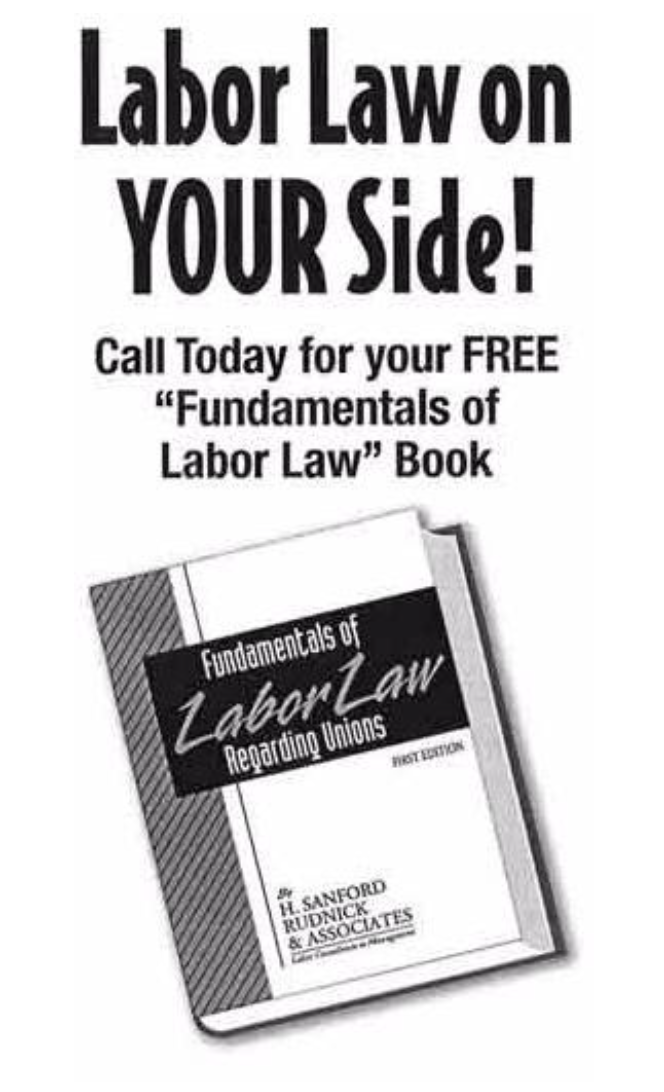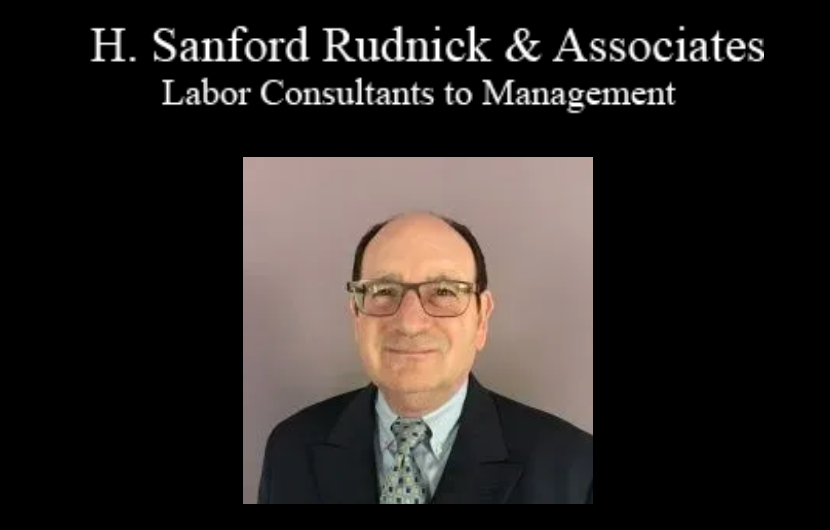NEW CASE DEVELOPMENTS AT THE NLRB ON JULY 14, 2025
July 14, 2025
Here are the most recent, relevant NLRB developments as of July 14, 2025:
1. Via 313 Union Certified (July 7, 2025)
Workers at Via 313’s North Campus restaurant officially won union certification, with Restaurant Workers United recognized as their exclusive bargaining representative. The NLRB dismissed employer objections related to alleged conflicts of interest, voter influence, and workplace misconduct. The employer indicated it may seek review and contested the certification in parallel with ongoing investigation into unfair labor practice charges, which the Board has resumed employerlaborrelations.com+15Eater Austin+15National Labor Relations Board+15.
2. Acting NLRB General Counsel Warns Against Secret Recordings (June 25, 2025)
Acting General Counsel William B. Cowen’s GC Memo 25‑07 states that secretly recording collective bargaining sessions—whether by employers or unions—violates the NLRA, as it undermines mutual trust. Though non-binding until formally adopted, regional offices have received clear instructions to enforce this directive Labor Relations Update.
3. FY 2026 Budget Proposal Cuts and Modernization (May 23, 2025)
The NLRB proposed a $285.2 million FY 2026 budget—4.7% below FY 2025—while cutting 99 full-time positions. However, the plan includes a $23 million boost for IT upgrades, cybersecurity, and leveraging AI to reduce regional backlog in case processing Labor Relations Update.
4. Fifth Circuit Rebukes Apple Ruling (early July 2025)
The Fifth Circuit overturned an NLRB finding that Apple had unlawfully interrogated employees and removed union flyers, citing lack of substantial evidence. This decision narrows the Board’s enforcement powers and highlights the influence appellate courts hold over its findings BeLabor the Point+15Bloomberg Law+15en.wikipedia.org+15.
5. Board Still Lacks Quorum and Faces Leadership Turmoil
- The resignation of Board member Gwynne Wilcox by executive order has left the NLRB without the legally required quorum (three sitting members), which has paused major decision-making OnLabor+3employerlaborrelations.com+3en.wikipedia.org+3.
Although a district judge ordered her reinstatement on March 6, 2025, the Supreme Court temporarily stayed that reinstatement. The legal dispute continues in court OnLabor+2managementmemo.com+2en.wikipedia.org+2.
6. If your Company needs help with understanding the new developments at the NLRB or any other labor relations need, please contact H. Sanford Rudnick & Associates at 1-800-326-3046.
Fundamentals of Labor Law
Sanford Rudnick has written a book called Fundamentals of Labor Law which helps Employers practice at the NLRB. He has used this book for over 40 years.
Sanford Rudnick has gotten this book into many law schools around the country such as Harvard and USC Law School.
Also, Sanford Rudnick has gotten other books on Resolution of Conflict into the Library of Congress and many other libraries around the world.
The major problem in any election or an unfair labor practice charge, is how to resolve conflict between management and your employees. In fact, according to the NLRB there is an 16% increase in unfair labor practices charges being filed by employees or unions in 2023.
Sanford Rudnick uses these principles in these books to win elections and to resolve charge at the NLRB. Call H. Sanford
Rudnick & Associates to purchase these books at
1-800-326-3046.

IF YOU NEED ASSISTANCE IN CONDUCTING AN ELECTION MEETING, PLEASE CALL:
H. Sanford Rudnick JD: 1 800-326-3046

H. Sanford Rudnick & Associates is a full-service Labor Relations firm with 40 years of experience in negotiating union contracts, NLRB matters and all human resource matters. In fact, Mr. Rudnick has written a book called "Fundamentals of Labor Law Regarding Unions" which includes a summary on the National Labor Relations Board and Unions which is at Harvard Law School Library and other law schools around the country. Call to purchase your copy at for $29.95 800.326.3046.
We step in when your business demands your attention or when the unions or the laws or rules of the any of the following threaten the success or profitability of your business.
National Labor Relations Board (NLRB)
Equal Employment Opportunity Commission (EEOC)
Employee Motivation
Wage and Hour Surveys
Union elections
Collective bargaining
negotiations
Decertifications
The need for union avoidance
Always Here to Help!
If my firm, H. Sanford Rudnick & Associates, can be of assistance to you concerning an election,
an unfair labor practice, negotiations, your unfunded pension liability
or any other human resource matter, please contact me immediately to schedule a free telephone consultation.
Respectfully,
H. Sanford Rudnick, J.D.
Labor Consultant
800.326.3046
GET IN TOUCH!
H. Sanford Rudnick and Associates
300 South 4th Street, 6th Floor,
Las Vegas, NV 89101
1717 K St. NW S900J
Washington DC 20006
745 5th Ave. 8500
NY, NY 10151
1990 No. California Blvd. S830,
Walnut Creek, Ca 94596
Direct Line - 925-256-0660
Cell Phone - 925-352-7900
Sandy Rudnick


